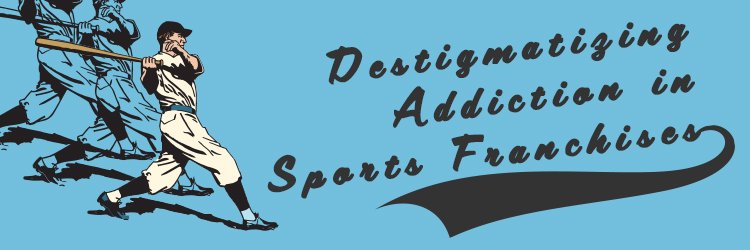[vc_row][vc_column][vc_column_text]When Major League Baseball players arrived in Florida and Arizona for the start of spring training this week, they entered their first season under a new set of drug testing rules. The new agreement, announced late last year, came after the July 2019 death of 27 year-old Tyler Skaggs, a starting pitcher for the Los Angeles Angels. At the time of death, Skaggs had fentanyl and oxycodone in his system. Prior to this season, players were not tested for “drugs of abuse” unless there was probable cause. Previous drug screenings were meant primarily to identify whether a player was using a performance enhancing substance.[/vc_column_text][vc_custom_heading text=”What will players be tested for?” use_theme_fonts=”yes”][vc_column_text]









